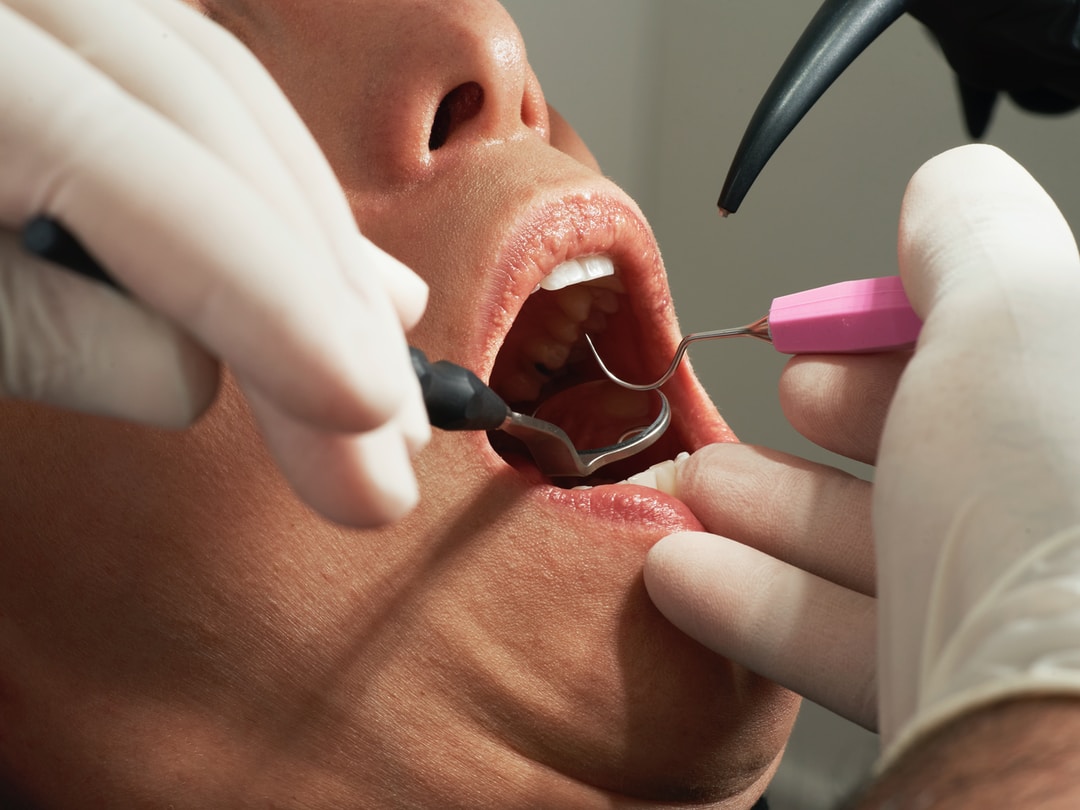Tooth sensitivity is an incredibly common dental issue, though it can be difficult to manage. There are a number of causes for sensitivity, and identifying the underlying cause is essential if you want to treat the issue. It’s always best to see a dentist if you’re experiencing sensitivity, but you can also do some research on your own before you go to your appointment. Understanding the reasons for tooth sensitivity and the way that it works can help you better manage your oral health. If you have sensitive teeth or just want to know more, keep reading to learn about the science behind tooth sensitivity.
Why are our teeth so sensitive?
Almost all of us have experienced tooth sensitivity. It can happen to anyone, even if you take excellent care of your teeth. Tooth sensitivity can be minor or debilitatingly painful and is usually triggered by air, cold, heat, and sweet, acidic, or spicy foods. Often dental sensitivity can be a sign of an underlying condition, but what causes sensitivity?
Sensitivity is most commonly the result of a tooth layer called dentin being exposed. Typically, the tooth is covered by a hard outer layer called enamel or cementum that protects it from things like extreme heat and cold. That enamel protects the crown, or the part of your tooth that is visible above the gum. Cementum protects the dentin around the root of the tooth, as do your gums.
Dentin contains thousands of tubules that connect directly to your tooth’s pulp. These tubules are what allow heat, cold, and other sensations to reach the nerve of your tooth. Pain is caused by the interaction between the substance causing the sensitivity and the nerve of your tooth.
What can you do to manage tooth sensitivity?
The first thing you should do if you are experiencing prolonged tooth sensitivity is to see a dentist. If you don’t have a regular dental office already, look for someone like this dentist in Mesa, AZ. You want to work with dental care professionals who have access to all the latest technology and can perform a wide variety of procedures in a comfortable environment. The office also makes an effort to be welcoming to new patients who may have anxiety about dentistry.

While some tooth sensitivity is normal for everyone, it can also be a warning sign of a more serious problem. Ignoring tooth discomfort or pain can result in the underlying issue worsening. This can often necessitate a root canal, even if earlier intervention could have prevented it. You don’t want to have to pay for expensive dental treatments like fillings, dental crowns, and in some cases, implants or dentures if you can avoid it by being proactive about your dental needs.
If you’re experiencing sensitivity, you can take steps to reduce your pain until you can receive dental services. You can still use your home ice making machine to make your favorite frozen cocktails, but it can be a good idea to blend ice or make smoothies instead of using larger ice cubes. You can also use desensitizing toothpaste to reduce the impact of tooth sensitivity, especially if you’re planning on consuming something that can trigger pain.
No one likes dealing with tooth sensitivity, but it’s a fact that the majority of us will deal with it at one time or another over the course of our lives. Exposed dentin can happen for many different reasons, but the tubules contained within it can cause severe pain when they come into contact with a substance that exacerbates sensitivity. The pain is caused by tubules delivering these sensations directly to your nerve. There are a number of steps you can take to avoid discomfort, but if you’re experiencing ongoing sensitivity in your teeth, it’s best to go see a dentist as soon as you can.




Thank you for your article. Prove that dental technology is improving all the time.
Well written article reflecting most current up to date information in the dental world.